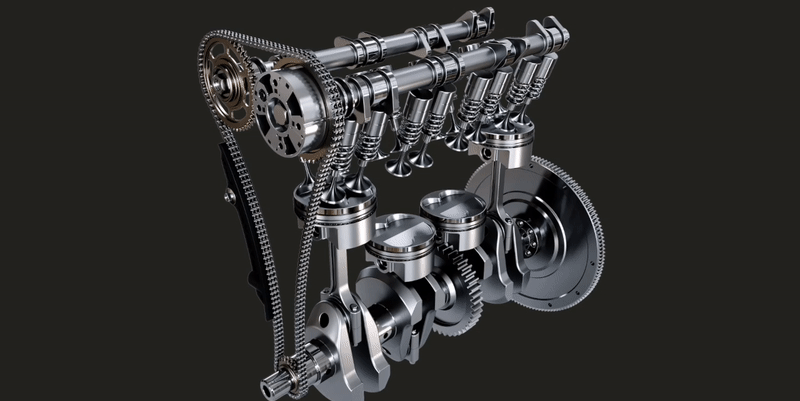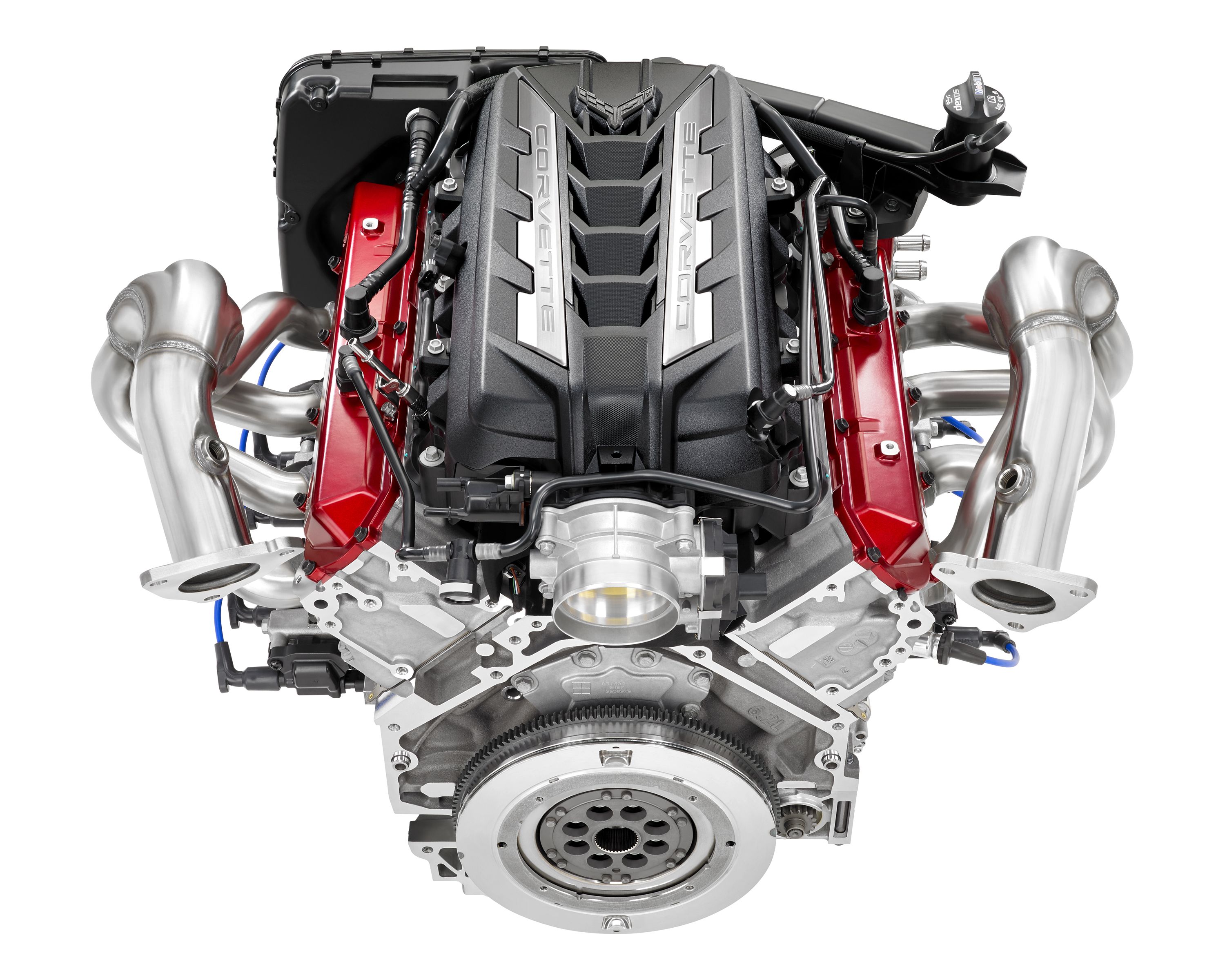Discover a Wide Variety of Engines for each Automobile and Objective
The automobile landscape is progressively complex, with a diverse selection of engine types designed to meet certain performance and effectiveness needs throughout numerous automobile groups. In addition, heavy-duty engines offer the demands of work cars, while environmentally friendly alternatives are getting grip in the pursuit of sustainable transportation.
Kinds Of Automotive Engines
Automotive engines can be classified right into a number of distinct types, each designed to satisfy particular efficiency and performance requirements. The most common groups consist of internal combustion engines, electric engines, and crossbreed systems.

Electric engines, on the other hand, run on electrical power stored in batteries, providing immediate torque and no emissions. These engines are ending up being progressively preferred as a result of advancements in battery technology and the growing focus on sustainability.
Crossbreed systems incorporate both interior combustion and electric engines, making it possible for lorries to maximize fuel efficiency and decrease exhausts by seamlessly changing in between source of power. Each engine kind presents its disadvantages and advantages, affecting elements such as lorry style, meant use, and market demand. Comprehending these differences is essential for customers and suppliers alike when picking the suitable engine for their details requirements.
Efficiency Engines for Sports Cars
Efficiency engines for sports cars and trucks are especially engineered to deliver boosted agility, speed, and power, establishing them in addition to basic automotive engines. These engines typically make use of advanced innovations such as turbocharging, supercharging, and variable shutoff timing to maximize performance and responsiveness.
Usually, performance engines are developed with greater compression ratios, which enable for higher power extraction from gas. This leads to remarkable horse power and torque numbers, allowing quick velocity and greater top rates. The lightweight materials utilized in these engines, such as light weight aluminum and carbon fiber, add to decreased overall automobile weight, enhancing handling and ability to move.
Engine configurations like V6, V8, and even hybrid systems are common in efficiency sporting activities vehicles, each offering special advantages in regards to power shipment and driving dynamics. The adjusting of these engines is also critical; many makers maximize the engine monitoring systems to give an exciting driving experience, often consisting of sporting activity modes that change throttle reaction and equipment changes.
Effective Engines for Daily Commuters
In the realm of everyday commuting, efficient engines play an important role in maximizing gas economic situation and minimizing exhausts while providing trustworthy efficiency. As city populaces grow and ecological concerns heighten, the demand for vehicles geared up with reliable powertrains has actually risen.
Modern engines developed for day-to-day go to this web-site travelers usually include technologies such as turbocharging, straight fuel injection, and crossbreed systems. Turbocharging boosts engine efficiency forcibly more air right into the combustion chamber, permitting smaller sized, lighter engines that do not endanger power result. Direct fuel shot improves gas atomization, causing much better burning and boosted performance.
Hybrid engines, combining interior combustion with electrical power, more enhance gas economy, especially in stop-and-go website traffic, where standard engines can experience from inadequacies. Electric motors help throughout velocity and can run individually at low speeds, decreasing general gas usage.
In addition, advancements in engine management systems and lightweight products contribute considerably to effective engine design. By focusing on efficiency, longevity, and environmental sustainability, makers proceed to supply engines that not only fulfill the demands of everyday commuting however also align with international efforts to minimize carbon impacts.
Heavy-Duty Engines for Work Cars
Sturdy engines for work automobiles are consistently engineered to deliver outstanding torque and integrity under requiring problems. These engines are made to do in atmospheres where conventional engines might falter, such as building sites, logging operations, and farming setups. The main emphasis of durable engines is their capacity to produce high levels of power while keeping durability over prolonged periods of operation.
Typically, heavy-duty engines use innovative materials and durable building and construction methods to stand up to the rigors of hefty workloads. Attributes such as enhanced cylinder blocks, enhanced air conditioning systems, and advanced fuel injection innovations add to their effectiveness. These engines often operate at reduced RPMs, which assists to enhance gas efficiency while giving the required power for lugging and carrying.
In enhancement to mechanical toughness, sturdy engines are frequently outfitted with advanced electronic control devices (ECUs) that take care of performance, discharges, and diagnostics. This combination permits for better monitoring and maintenance, making certain that work cars stay functional and reliable.
Inevitably, heavy-duty engines are a vital part in the performance of numerous sectors, providing the necessary power and reliability to tackle the most difficult of tasks.
Eco-Friendly Engine Options
The growing Learn More emphasis on sustainability has resulted in the development of environment-friendly engine alternatives that focus on lowered exhausts and boosted gas performance. These engines are made to minimize the environmental impact of vehicles while still delivering the efficiency and integrity anticipated by customers.
Among the most notable environmentally friendly options are hybrid and electric engines. Crossbreed engines integrate standard internal combustion engines with electrical propulsion, permitting for minimized fuel consumption and reduced greenhouse gas exhausts. Electric engines, on the various other hand, operate entirely on battery power, generating absolutely no tailpipe emissions and contributing to cleaner air quality.
Another promising development is the innovation of biofuel engines, which use sustainable resources, such as plant products, to power cars (Engines For Africa). By utilizing biofuels, these engines can minimize dependency on nonrenewable fuel sources and lower total carbon footprints

As the vehicle market evolves, eco-friendly engine alternatives will play an important role in driving the change in the direction of even more sustainable transport options.
Conclusion
From high-performance engines that improve sporting activities cars and truck capabilities to effective versions focusing on gas economy for daily commuters, each type offers a particular function. Heavy-duty engines provide to durable work lorries, while eco-friendly alternatives, such as electric and biofuel engines, advertise lasting transport.
